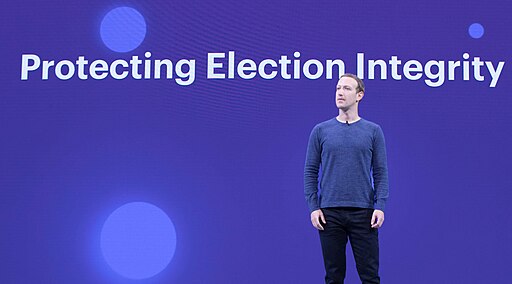
On October 21, actor Alec Baldwin shot and killed one person (cinematographer Halyna Hutchins) and wounded another (director Joel Souza) on the set of Rust, a western film he was making in New Mexico.
Reportage generally describes the shooting as an “accident,” but it wasn’t. There are two kinds of firearms discharges: Intentional and negligent. This incident is no exception. But that doesn’t mean the intent or negligence was wholly Baldwin’s.
Was the shooting intentional or negligent? And whose intent or negligence contributed to it? From afar, this looks like a complicated question.
Don’t write off intent entirely. The motion picture industry in general, and the Rust set specifically, were in the throes of ongoing labor disputes. It’s not beyond belief that sabotage was involved.
Negligence seems the more likely explanation, though.
The gun was supposed to be a prop. It was presented to Baldwin by assistant director Dave Halls as a “cold gun” during a rehearsal, to indicate that it held no ammunition. But when Baldwin drew it, and presumably pulled the trigger, it turned out not to be “cold” after all.
Did Baldwin personally check the gun’s chambers for live ammo before using it?
Did Halls personally check the gun’s chambers for live ammo before pronouncing it “cold?”
Did production armorer Hannah Gutierrez-Reed personally check the gun’s chambers for live ammo before authorizing its presence on the set?
Is it true that, as The Wrap reports, crew members had taken the gun off-set for some target shooting with live ammo earlier in the day, then returned it — possibly with live ammo still in the chambers?
Is it true that, as the Los Angeles Times reports, one of the complaints motivating a walk-off of crew members that day related to previous discharges of prop guns?
It sounds like there may have been plenty of negligence to go around on the set of Rust. And Baldwin may bear a good deal of responsibility for that negligence in his role as a producer trying to squeeze a lot out of a small budget ($6-7 million, a pittance by Hollywood standards). Competence, experience, and trustworthiness may be expensive, but they aren’t optional where guns are involved.
As an actor, Baldwin probably bears a good deal less responsibility, but certainly not none.
Yes, the shooting occurred at the end of a long chain of people and protocols which should have made it impossible for what happened to happen. But he, not those other people, drew the gun and pointed it at Hutchins and Souza.
Even on a movie set, personally checking a gun for live ammo before pointing it at someone is the absolute bare minimum of personal responsibility (off a movie set, by the way, one should never point a gun at someone one does not intend to shoot, even if it’s certainly unloaded).
There’s seemingly plenty of blame to go around here, for everyone and everything except the gun. It’s an inanimate object. Guns don’t kill people. People do, whether intentionally or negligently.
Thomas L. Knapp (Twitter: @thomaslknapp) is director and senior news analyst at the William Lloyd Garrison Center for Libertarian Advocacy Journalism (thegarrisoncenter.org). He lives and works in north central Florida.
PUBLICATION HISTORY


